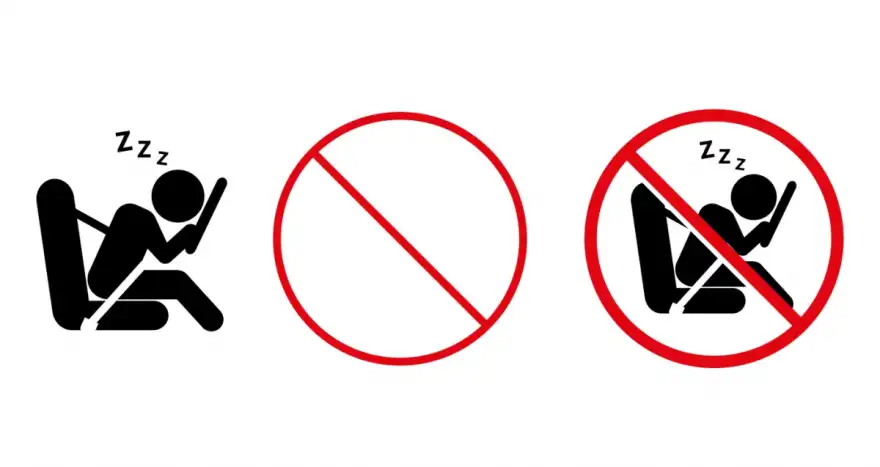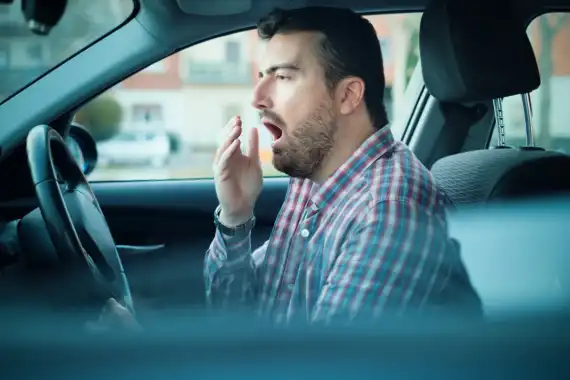
Sleep Research Centre blood test
Scientists have created a blood test that might help police identify drivers that crash due to fatigue, The Sleep Research Centre at The University of Surrey revealed. The test might also help motorists – and employers that run fleets of vehicles - confirm only those that are properly rested climb behind the wheel.
Dozens of people volunteered to help scientists create the new test. Each skipped a night’s sleep. Blood samples were then taken, genes within the samples were analysed and the scientists noted measurable, quantifiable, differences to samples taken from motorists who were properly rested. The blood test is 92% accurate.
The University of Surrey’s Senior Lecturer in Bioinformatics, Dr Emma Laing, said: “Insufficient sleep poses a significant risk to our physical and mental health. However, it is difficult to independently assess how much sleep a person has had. This makes it hard for police to know if drivers were fit to drive”, she claimed.
Professor of Molecular Biology, Simon Archer, added that motorists suffer even if they only have a single bad night. “The very existence of such biomarkers in the blood after only a period of 24-hour wakefulness shows the physiological impact”, he emphasised.
Fatigue causes countless traffic collisions

The AA-Populus Driver Poll in 2017 confirmed fatigue is a major problem on the roads. 84% of motorists have driven “very tired”, for example. The study also revealed a long, hard, day at work is the most common reason. Other factors include driving at night, sleeping badly the night before and driving too long. The AA added:
- 43% of 18 - 34 year old motorists have been tired behind the wheel due to the lateness of the hour
- 31% of men have driven tired to cover the required distance
- Studies suggest lack of sleep contributes to 20% of collisions
AA President Edmund King suggested: “The dangers of speeding are well known, but tired drivers can also pose serious risks to themselves and others.” He also revealed how some drivers try to stay awake and stay alert. By opening windows or turning up the radio, for example. However, he argued any benefit is “short term”.
Mr King therefore recommended an alternative. “If you find yourself feeling sleepy stop and rest in a safe place until you feel comfortable to drive again”, he explained. "Stopping for a coffee or a short nap could make all the difference between getting home to be safely tucked-up in bed - or using your airbags as a pillow.”
